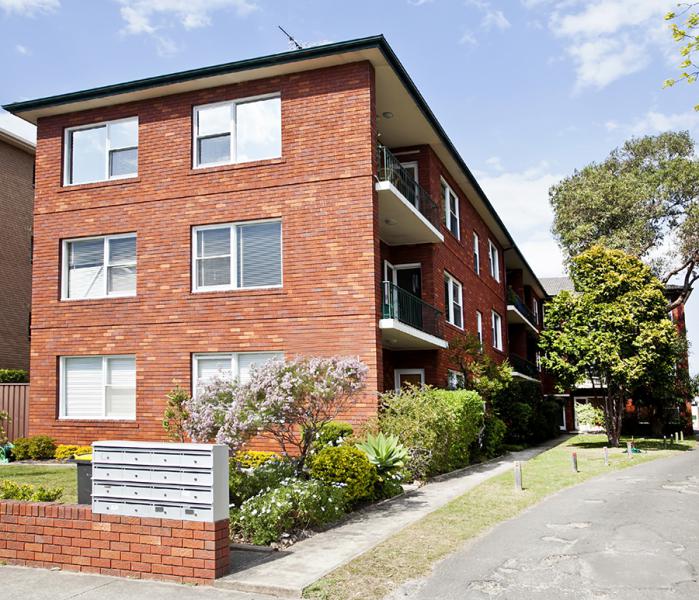 At the July 28 meeting of the Fairfax County Board of Supervisors, Supervisor John Foust, Chairman of the Board’s Housing Committee, along with Chairman Jeff McKay and Supervisor Dalia Palchik, introduced a motion to establish a task force for the purpose of developing a comprehensive plan for the preservation of affordable housing.
At the July 28 meeting of the Fairfax County Board of Supervisors, Supervisor John Foust, Chairman of the Board’s Housing Committee, along with Chairman Jeff McKay and Supervisor Dalia Palchik, introduced a motion to establish a task force for the purpose of developing a comprehensive plan for the preservation of affordable housing.
“As Fairfax County continues to evolve, we are seeing more and more that older multifamily rental and mobile home communities are threatened by redevelopment,” said Dranesville Supervisor John Foust. “These developments currently provide housing that is affordable for thousands of households who otherwise would simply not be able to reside in Fairfax County. The impacts of diminished income or lost employment among low- to moderate-income households due to COVID-19 have only served to exacerbate the problem.”
Providence Supervisor Dalia Palchik noted that “the preservation of affordable housing is essential to ensure that our plans for a bright and robust future include a place for all of our residents – particularly those living on low- to moderate-incomes – who are working hard today to make that future a reality.”
As of 2018, there were approximately 9,500 housing units in rental complexes across Fairfax County that were considered “market affordable” and were not subsidized or otherwise subject to rent restrictions. “Market affordable” homes are those considered to be affordable to households earning 60 percent of the area median income (AMI) or below – about $75,000 or less per year for a family of four. The Board of Supervisors adopted a principle of no net loss of market affordable housing units in the county in 2019.
The county’s stock of “market affordable” rental homes faces three critical pressures:
- Redevelopment of older apartment complexes
- The renovation and/or “repositioning” of previously affordable properties
- Household incomes are not able to keep pace with the increases in rent
The way to ensure no net loss is through adopting a set of clear preservation strategies which can include renovation of existing developments with the addition of affordability restrictions, replacing units on or off-site, and/or buying and holding communities to reserve the market affordability. The Preservation Task Force is responsible for reviewing strategies and providing policy and planning recommendations to the Board of Supervisors for action.
“I am looking forward to bringing a diverse team together for the Preservation Task Force who will be working together on an expedited timeline to identify strategy recommendations that are consistent with preservation best practices,” said Board Chairman Jeff McKay. “Having experts in a variety of housing subject matters will enable the Task Force to come up with creative solutions together.”
The work of the Preservation Task Force will begin in Summer 2020. The task force will be reviewing a number of issues during the course of their work and will be seeking to provide the Board of Supervisors with:
- Definitions for the types of preservation that can occur in communities
- Typology of properties at risk and characteristics to guide prioritizing properties or neighborhoods in need of action sooner
- A comprehensive set of preservation strategies that includes recommended policies and tools to achieve the county goal of no net loss of affordability
The work of the Preservation Task Force is a critical component in the county’s development of a preservation strategy – an initiative specifically outlined in the Communitywide Housing Strategic Plan.

